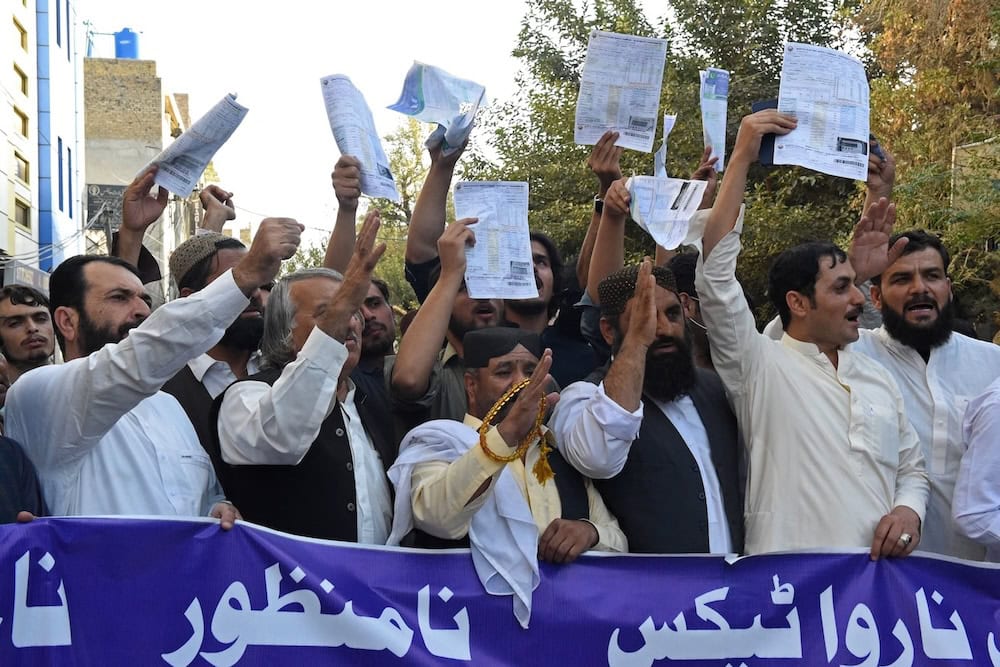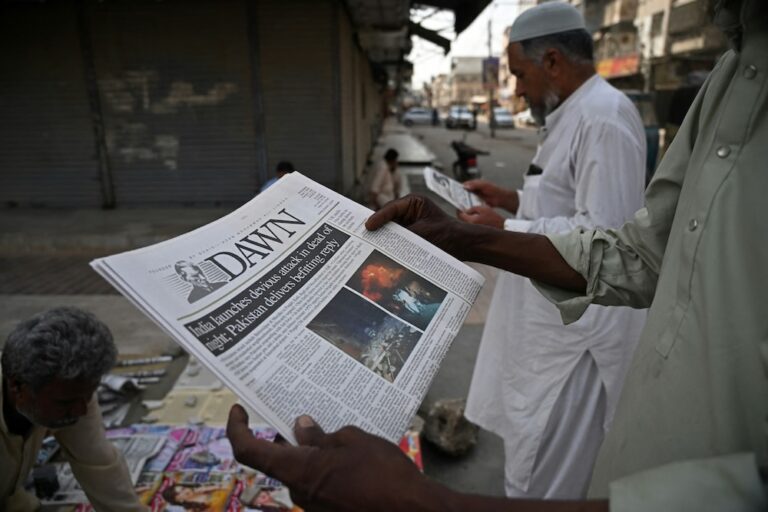Pakistan Press Foundation said that the press club must be able to operate without interference.
This statement was originally published on pakistanpressfoundation.org on 3 September 2024.
Pakistan Press Foundation (PPF) is deeply concerned by the directive issued to the Quetta Press Club restricting them from allowing any political party or organization to hold a press conference or seminar without prior approval or permission of district administration. This prohibition undermines the press club’s independence and autonomy. The press club must be able to operate without interference, which it has a right to do.
The directive issued by the Office of the Deputy Commissioner Quetta on August 27 stated that “owing to the current law and order situation,” no political party or organization was allowed to organize a conference or seminar at the Quetta Press Club without the permission of the district administration. The press club was informed that no conference or seminar could be held without a non-objection certificate (NOC) or permission from the district administration.
The Balochistan Union of Journalists (BUJ) strongly condemned the directive and stated it was a “reprehensible” attempt to control the media unconstitutionally and illegally. The BUJ stated that the press club is an independent institution and is not bound to abide by the district administration’s unconstitutional directive. It added that the press club had always been mindful of its responsibilities and played the role of a bridge between the government and the people.
Speaking to PPF, Quetta Press Club General Secretary Banaras Khan said a meeting had been called to discuss the matter on August 29 with members of the Quetta Press Club, BUJ, and the Pakistan Federal Union of Journalists (PFUJ).
In a statement, the Pakistan Federal Union of Journalists (PFUJ) took “serious exception” to the directive. In a statement, PFUJ President Afzal Butt and Secretary General Arshad Ansari said: “This is an attempt to curb free speech and press freedom in the country, and it is rejected and will not be accepted.” PFUJ called for the withdrawal of the directive and urged the administration to “desist from such ruthless practices.”
The Council of Pakistan Newspaper Editors (CPNE) rejected the directive. It cautioned that this was such an attack on free expression that it could also spread to other provinces after Balochistan. In a joint statement, CPNE President Irshad Ahmed Arif and other duty-bearers said that no such directive could be accepted that restricts the right to free expression and the Constitutional right to provide people with information.
The Karachi Press Club also condemned the directive, with President Saeed Sarbazi describing it as a “blatant attack on the fundamental principles of freedom of press and freedom of speech.”
Earlier this year, on May 18, police and local administration in Quetta locked the Quetta Press Club to reportedly stop the Balochistan Yakjehti Committee (BYC) from holding a seminar. According to the press club administration, the assistant commissioner had asked them not to permit the seminar and locked the hall and main gate.
Ignoring the locking of the gates, members of the BYC broke the lock and held their seminar.



